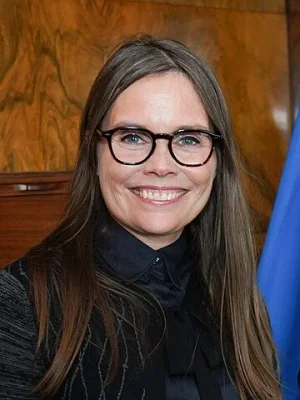
Image Credit: Scottish Government
Iceland's Prime Minister, Katrín Jakobsdóttir, participated in a women's strike for gender equality, marking the seventh time such a strike has occurred in the country. The strike, known as the "Women's Day Off" or "Kvennafrí" in Icelandic, aimed to raise awareness about wage discrimination and gender-based violence faced by women in Iceland.
Prime Minister Jakobsdóttir expressed her solidarity by refusing to work on the strike day and encouraged other female government members to do the same. She emphasized the ongoing challenges of achieving full gender equality, especially concerning the gender-based wage gap and violence. The strike received recognition from government departments and support from various organizations, including the country's largest federation of public worker's unions.
Iceland is recognized for its efforts to promote gender equality and has been ranked as the best nation for gender equality by the World Economic Forum for 14 consecutive years, closing 91.2% of the gender gap. The strike also highlighted the often-overlooked contributions of immigrant women to Icelandic society. Strike organizers called on men to share additional responsibilities at home and work to support women. Meanwhile, the Icelandic government launched a research project to address wage disparities between professions traditionally dominated by men and those dominated by women.



